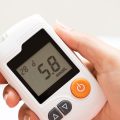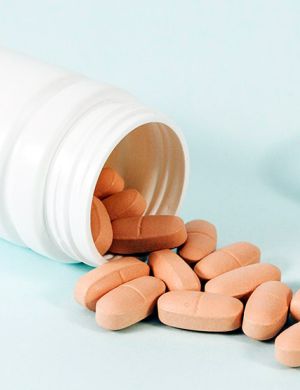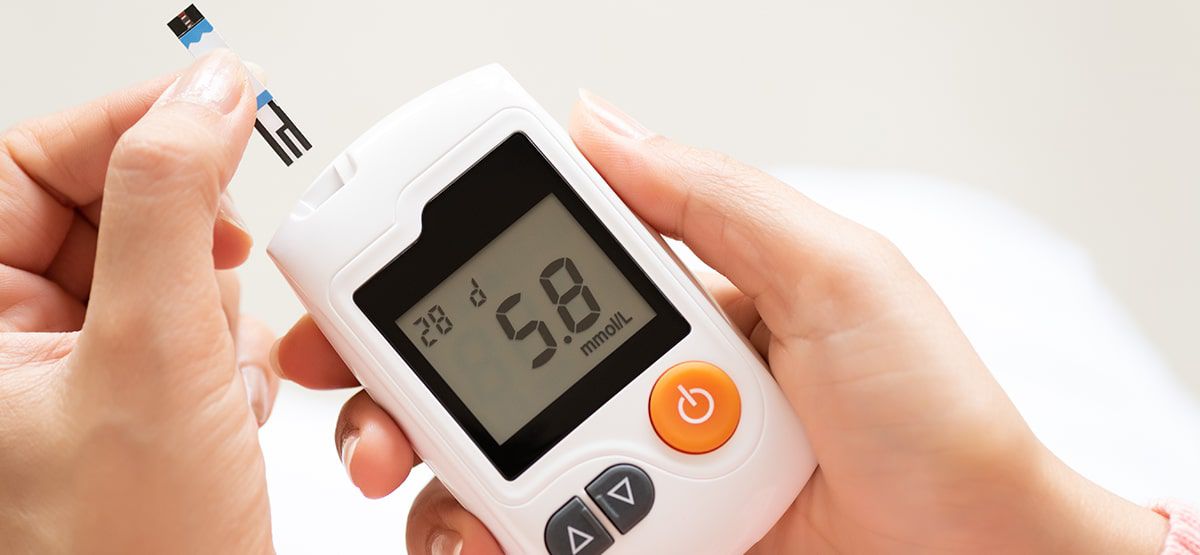
Medical Devices – USA, Europe, Asia and ROW Regulatory News – Feb 2025
USA
Guidance on Institutional Review Board (IRB) Written Procedures
The FDA and HHS OHRP have jointly issued the final guidance on Institutional Review Board (IRB) Written Procedures to enhance human subject protection and reduce regulatory burden. This guidance aligns with the 21st Century Cures Act (Section 3023), aiming to harmonize differences between HHS and FDA regulations on human subject research. It provides a Written Procedures Checklist, incorporating regulatory requirements and recommendations for IRBs and institutions to ensure compliance. While this guidance does not establish legally enforceable obligations, it reflects FDA and OHRP’s current thinking on best practices for IRB operations.
EUROPE
Guidance on MDCG 2019-6 rev.5 – Requirements Relating to Notified Bodies
The MDCG 2019-6 rev.5 document, endorsed by the Medical Device Coordination Group (MDCG), provides updated guidance on the requirements for Notified Bodies under the EU Medical Devices Regulation (MDR). While the document offers clarifications and answers to questions related to the role of Notified Bodies, it is not legally binding and does not reflect the official position of the European Commission. The guidance aims to support stakeholders but cannot substitute for legal interpretations from the Court of Justice of the European Union.
CANADA
Guidance on Pre-Market Requirements for Machine Learning-Enabled Medical Devices
Health Canada has released guidance for pre-market requirements concerning machine learning-enabled medical devices (MLMD). This document provides an overview of regulatory expectations for devices that use machine learning algorithms to perform medical tasks. It covers important topics such as good machine learning practice, risk management, data selection and management, and clinical validation. A key introduction is the concept of a predetermined change control plan (PCCP), which allows Health Canada to address changes in ML systems that may affect safety and effectiveness. The guidance encourages manufacturers to ensure transparency, develop comprehensive validation strategies, and incorporate ongoing post-market monitoring.
CHINA
NMPA Guidelines for On-Site Inspection of Good Supply Practice for Medical Devices
The National Medical Products Administration (NMPA) has issued a notice with updated guidelines for on-site inspections related to the Good Supply Practice (GSP) for Medical Devices, effective from July 1, 2024. These guidelines standardize the inspection process for medical device distributors, including distribution license checks (renewals, changes), and inspections post-distribution filings. The guidelines specify how compliance will be assessed for critical and general items, with the option for on-site rectifications or corrections within a specified time frame. Non-compliance affecting product safety and efficacy will lead to legal action as per relevant laws. The updated guidelines replace those issued by the former China Food and Drug Administration (CFDA) in 2015.
CZECH REPUBLIC
Public Consultation on Electronic Instructions for Medical Devices
The European Commission has opened a public consultation on a draft implementing act for Commission Implementing Regulation (EU) 2021/2226, which supports Regulation (EU) 2017/745 on Medical Devices (MDR). The proposal seeks to expand electronic instructions for use (eIFU) to all medical devices that are exclusively used by healthcare professionals. Stakeholders can submit feedback until March 21, 2025, to influence the final regulation..
FINLAND
Coordinated Assessment Procedure for Clinical Trials of Medical Devices in the EU
The European Commission, in collaboration with EU Member States, has launched a pilot program for a coordinated assessment procedure for clinical trials of medical devices under MDR (EU 2017/745) and IVDR (EU 2017/746). The initiative aims to ensure consistent evaluations, reduce administrative burdens on sponsors, and enhance transparency in regulatory assessments. Sponsors conducting trials in at least two participating EU Member States can apply through the European Commission’s website. While the pilot’s decisions are not legally binding, national regulators are expected to accelerate final approvals based on the coordinated assessment outcome.
Extension to the Scope of Competence of a Finnish Notified Body
Fimea has expanded the scope of competence of the notified body SGS Fimko Oy under the EU Medical Device Regulation (MDR 2017/745), allowing it to assess a broader range of medical devices. This decision, published in the Nando database on 22/02/2025, enhances market access for manufacturers, supporting the introduction of new innovative devices. Notified bodies conduct independent conformity assessments, and manufacturers can choose any EU-designated notified body with the required expertise. Fimea continues to supervise and collaborate with European regulatory authorities to ensure compliance and oversight of notified bodies.
IRELAND
Update for Certificate of Free Sale Process
The HPRA has introduced updates to the Certificate of Free Sale (CFS) application process for medical devices. A single application form will now be used for all CFS requests, along with a new Excel device schedule where applicants must list the devices to be included. The certificate template has also been revised to include updated information. Additionally, a dedicated email address, devicecerts@hpra.ie, has been set up for all submissions and related queries. These changes are designed to enhance efficiency, reduce application errors, and accelerate processing times. Going forward, only the updated forms will be accepted for new applications. Full details are available on the HPRA Certificates of Free Sale webpage.
ITALY
Update: European Nomenclature of Medical Devices (EMDN)
The European Medical Device Nomenclature (EMDN) has been released and is now publicly available in the EUDAMED database, downloadable in xls format. Supporting documents, including FAQs, Version History, and the Summary of EMDN 2024 Submissions, can be accessed on the Guidance – MDCG endorsed documents page. The EMDN will be reviewed annually and updated based on real-world data and stakeholder feedback. The MDCG 2024-2 Procedures outline the steps and key participants involved in this annual review process are available on the HPRA Certificates of Free Sale webpage.
PORTUGAL
Dispensing with information in Portuguese in the graphical interfaces of medical devices
Portugal’s National Authority for Medicines and Health Products, has issued Information Circular No. 014/CD/100.20.200 (26/02/2025), announcing a public consultation regarding an exemption from the requirement to present graphical interface information in Portuguese for medical devices intended for professional use. The proposal permits English as an alternative language, provided that detailed Portuguese instructions, including translations of the interface content, are available. The decision considers factors such as professional use, safety, and European precedents. Stakeholders, including health institutions, professionals, and associations, are invited to submit feedback by April 9, 2025, via daps@infarmed.pt with the subject “Consulta – Artigo 40 do DL 29/2024”.
SAUDI ARABIA
Regulatory Update on Clearance of Medicines, Medical Devices, and Food Products for Pilgrims’ Use
The Saudi Food and Drug Authority (SFDA) has introduced new regulatory updates for the importation and clearance of medicines, pharmaceutical products, medical devices, supplies, and food products intended for pilgrims during Hajj. These updates include mandatory compliance with the Medical Hajj Offices Permits document issued by the Ministry of Health and the requirement to attach a Health Affairs license for medical facilities where medicines will be stored. Additionally, the previous requirements related to the supply of controlled medicines with the mission have been removed. In terms of enforcement, instead of restricting custodians from leaving the Kingdom due to non-compliance, the Ministry of Health and the Ministry of Hajj and Umrah will now receive reports on compliant and non-compliant offices for further action. These changes aim to improve regulatory oversight and ensure proper management of medical and pharmaceutical products during the Hajj season.
THAILAND
FDA Strengthens Medical Device Supervision and Regulatory Standards
The Thai Food and Drug Administration (FDA) announced efforts to enhance the supervision of medical devices by improving the competencies of central and regional officials. This initiative aims to establish consistent regulatory standards nationwide, ensuring effective inspections, control, and surveillance. According to Dr. Surachok Sangwiwat, Secretary General of the FDA, a strong regulatory system benefits both consumers and entrepreneurs by providing access to safe, high-quality medical devices while promoting efficient registration and fair competition. Additionally, the public can verify licensed medical devices via the FDA website. This effort aligns with Thailand’s goal of becoming a recognized international hub for the medical device industry
UNITED KINGDOM
Guidance on Registration of certain medical devices which are reusable Class I devices, up classified Class I devices, and/or reliant on expired/expiring CE certificates
The UK MHRA has issued guidance on the registration of reusable and upclassified Class I medical devices, as well as devices reliant on expired or expiring CE certificates under the EU Medical Devices Directive (MDD) and Active Implantable Medical Devices Directive (AIMDD). Following recent EU MDR transitional amendments, the validity of certain CE certificates has been extended, allowing affected devices to remain on the EU market beyond their original expiration dates. Higher-risk devices (Class III and Class IIb implantables) may now remain valid until 31 December 2027, while medium- and lower-risk devices (Class IIb non-implantables, Class IIa, Im, Is, and Ir devices) are extended until 31 December 2028. This guidance clarifies how these extensions impact UK device registrations and the necessary updates manufacturers must make within the MHRA Device Online Registration System (DORS) to maintain compliance.
Don’t miss out! Click here to stay in touch.
Categories
- Biopharma (59)
- Consumer Health (22)
- Cosmetics (11)
- Diagnostics (5)
- Digital Health (8)
- Food (2)
- Medical Device (113)
- OTC (5)
- Regulatory Intelligence (13)
- Standards (41)
Recent Blogs
Get the latest updates from Vistaar

Related Posts
CONNECT WITH US

Let's talk about how Vistaar can help you





